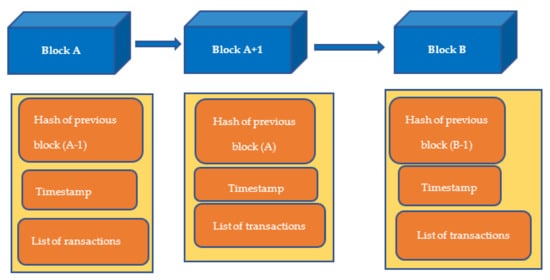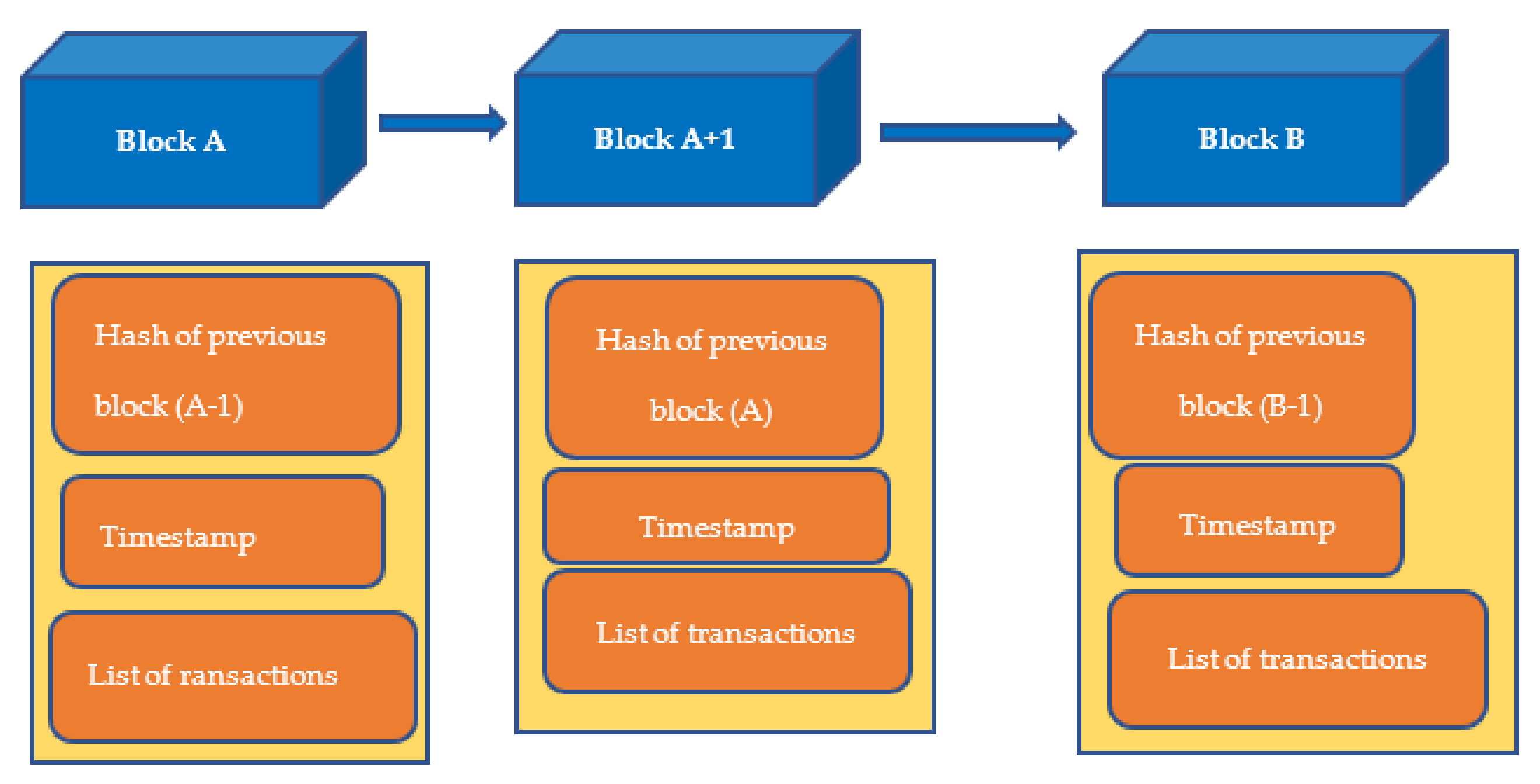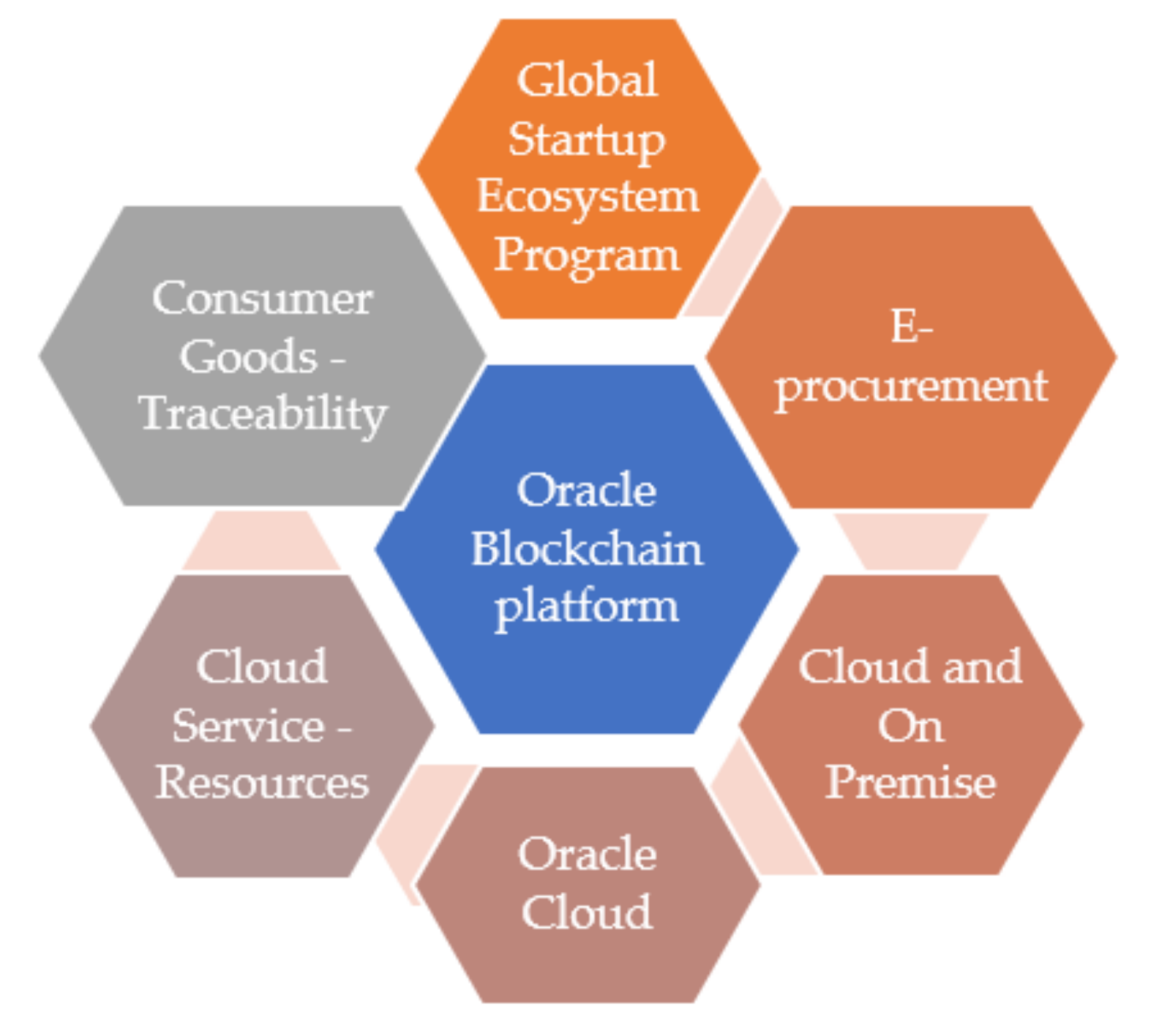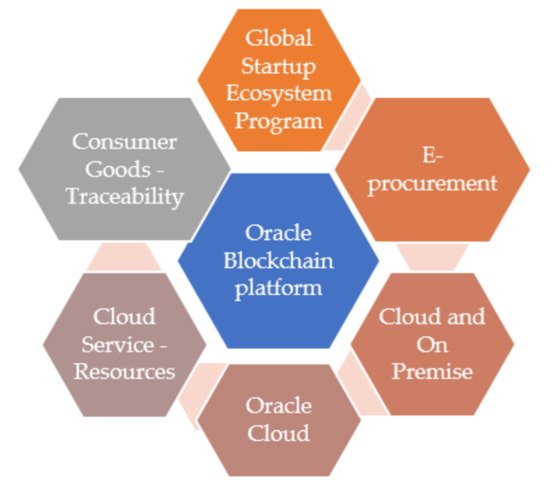Your browser does not fully support modern features. Please upgrade for a smoother experience.
Please note this is a comparison between Version 1 by Neda Azizi and Version 2 by Camila Xu.
Blockchain is an upcoming technology in the project management field, which has the potential to resolve implementation-related problems. Blockchain-based project management may increase the human life standard by reducing corruption. It also protects the project from information manipulation.
- blockchain technology
- application interface
- e-procurement
1. Introduction
Successful project implementations remain a critical challenge for many organisations. Consequently, project management (PM) research has argued that much can still be learnt from studies of successful implementation and usage [1][2][1,2]. Sustainable development has been applied in PM research to create value for their stakeholders through realising benefits at an optimal resource cost, while optimising the risk [3][4][3,4].
De Mascia [3] illustrates that “a successful project is one that has delivered all aspects of the project plan, within time and budget, whilst ensuring that sponsors and stakeholder are satisfied with the quality of what has been delivered and that the delivered products or service are fit for purpose and sustainable”. Therefore, when a project cost increases, or when there are time delays due to project implementation-related problems, then, in theory, the project is not simply successful. Developing countries are facing extreme project implementation-related problems, which has become one of the main barriers towards sustainable development [5][6][5,6].
Extant PM studies have largely explored project quality, cost, and time-overrun problems have become a common phenomenon for public sector projects in developing countries [7][8][7,8]. For instance, in Bangladesh, a total number of 49 projects were completed in FY2016-17 under the Road Transport and Highway Division, where 41 of them suffered from both cost increases and schedule delays [9]. Additionally, it was found that the maximum time-overrun was 400% and the cost-overrun was 250% in those 41 projects [8][10][8,10]. Espousing these views, and an in-depth observation, reveals that accountability and trust are the issues involved with project implementation-related problems in developing countries [11][12][11,12]. Thus far, many studies and investigations have been conducted to identify the public sector project implementation problems; however, no proper technique has been identified which can eliminate the cost-overrun and time delay of development projects. However, there is a possibility that Blockchain may ensure the responsibility against the different tasks of a project, which may mitigate some of the public sector project implementation problems [13][14][15][16][13,14,15,16].
Blockchain is an upcoming technology in the project management field, which has the potential to resolve implementation-related problems [17][18][19][17,18,19]. Blockchain-based project management may increase the human life standard by reducing corruption [13][20][13,20]. It also protects the project from information manipulation. Carlozo [14] explained that “Blockchain is a digital ledger of economic transactions that is fully public, continually updated by countless users, and considered by many impossible to corrupt. It is a list of a continuous record of blocks”. Shojaei et al. [21] explained that this technology can be used as a tool for the project’s information system. Gausdal et al. [15] claimed that poor data management can increase the project costs by up to 20%. Additionally, they explained that digital innovation, such as Blockchain technology, may establish regulation, which has potential to reduce the project cost.
Accordingly, there are certain limitations in these studies, as they relate to understanding the concepts of Blockchain and project management systems. The previous excerpts imply that, to ensure a successful project, there is a need for more explanatory studies regarding the project problem [22][23][22,23]. In a recent study, Idrees et al. [24] suggested that Blockchain is a phenomenon involving the introduction of something new to an organisation, either objectively or subjectively. Fundamental to the notion of introducing Blockchain technology is the element of change initiated in the material and/or social world, as part of learning often involves the alteration of relationships and the prior ways of doing things. However, what is not well researched or known is the how Blockchain technology can influence project performance, and what the possible applicable areas in project management are. Consequently, the influence of Blockchain technology for managing projects effectively may well be relevant and, therefore, it conforms well to building a comprehensive framework as a guideline.
2. What Is Blockchain Technology?
Blockchain is a chain of interconnected secured blocks with the storing facilities of all transactions. Welfare [25][51] provides shorter and longer definitions of Blockchain in his book Commercializing Blockchain: Strategic Applications in the Real World, which are mentioned sequentially below: “Trusted and efficient way of sharing data and transection”; “Blockchain technology can be viewed as a distributed ledger of information, which maintains a continuously growing list of records, called blocks, secured from tempering and changes”. Blockchain is a new technology that is considered a digital ledger for any online transaction [14]. Bitcoin was invented in the year 2008 to mitigate the payment problem of E-commerce. Bitcoin is a cryptocurrency based on Blockchain [26][52]. Blockchain is considered an unlimited interconnected database, where it can record all transactional information in blocks. Blockchain consists of two elements, transactions and blocks, as shown in Figure 1. When the user performs any task, it is called transection. On the other hand, blocks record all transactions [27][45]. Additionally, each block contains data and the hash value of the previous block. The hash function ensures a secure transaction.

Figure 1. Structure of Blockchain.


